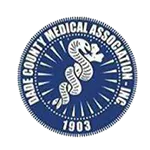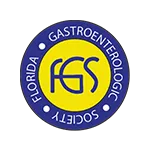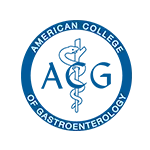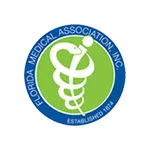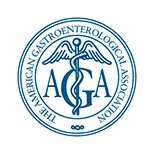Treatment for Ulcerative Colitis in Hialeah, Coral Gables, Miami, and Pembroke Pines FL
Ulcerative colitis is a common type of inflammatory bowel disease (IBD) that causes inflammation and ulcers in the lining of the large intestines (also known as the colon). Those with ulcerative colitis may notice abdominal cramping that comes and goes, chronic diarrhea or bloody stools. Symptoms may flare-up for weeks at a time and then go away. If you are experiencing symptoms associated with ulcerative colitis, our gastroenterologists are here to provide you with the answers you’re looking for.
What causes ulcerative colitis?
While the causes of ulcerative colitis are still unclear, it may have something to do with an overactive immune system. Genetics or preexisting immune disorders may put you at an increased risk for developing UC over the course of your lifetime.
How is ulcerative colitis diagnosed?
Here at Digestive Medicine Associates, we provide comprehensive diagnostic testing to be able to determine whether the symptoms you are experiencing are caused by ulcerative colitis or another intestinal problem. A stool sample can help us look for the presence of blood, inflammation or parasites to rule out or identify signs of ulcerative colitis.
Of course, the best way to be able to examine the lining of the large intestines is by performing a colonoscopy. A colonoscopy is a diagnostic tool that allows us to examine the colon by inserting a thin, flexible tube into the rectum. Through this procedure, we can easily identify inflammation and ulcers to make a definitive UC diagnosis.
How is ulcerative colitis treated?
While there is currently no cure for this type of IBD, our gastroenterologists can provide you with a custom treatment plan to help you effectively manage your symptoms. The goal of treatment is to reduce the number and the severity of UC flare-ups. The severity of your symptoms will also dictate which type of medications will work best for you.
Milder symptoms may benefit from a medication such as mesalamine or sulfasalazine, which can reduce inflammation of the large intestines, while those with more severe inflammation may require oral steroids or biologics to treat your symptoms.
Your diet will also play a role in preventing UC flare-ups. Your diet should be low in fat and high in fiber. You may also want to increase your vitamin C consumption, which may help speed up the healing of ulcers and inflammation within the intestines. When you come into our office, our gastroenterologists can provide you with dietary and lifestyle changes that can dramatically improve your symptoms.
Those with more severe, debilitating symptoms, as well as those who are dealing with complications related to ulcerative colitis may require surgery to remove their colon.
Learn More About The Diagnoses and Treatment of Ulcerative Colitis
Call Digestive Medicine Associates at (305) 822-4107 to schedule an appointment today! Proudly serving Hialeah, Coral Gables, Miami, and Pembroke Pines.






